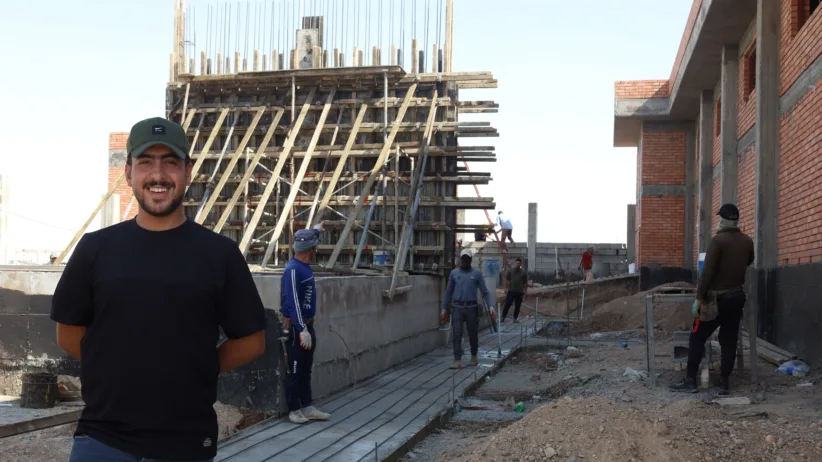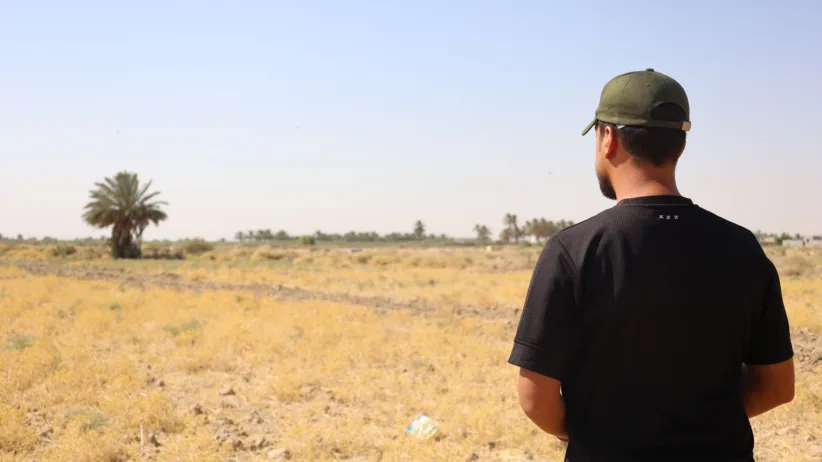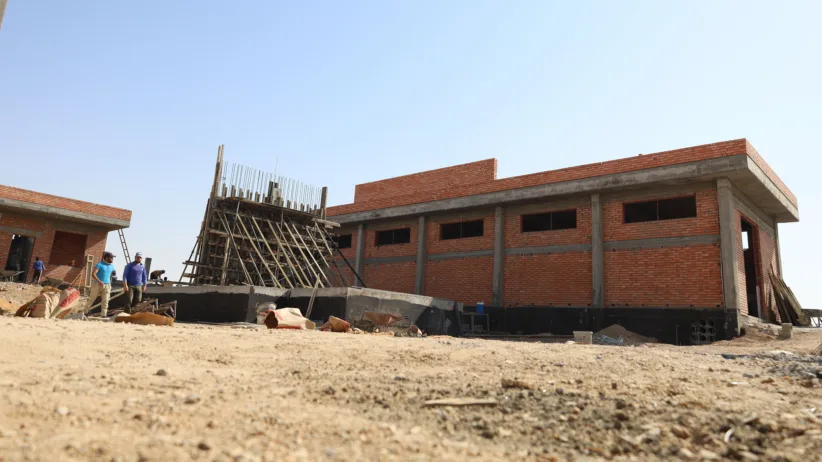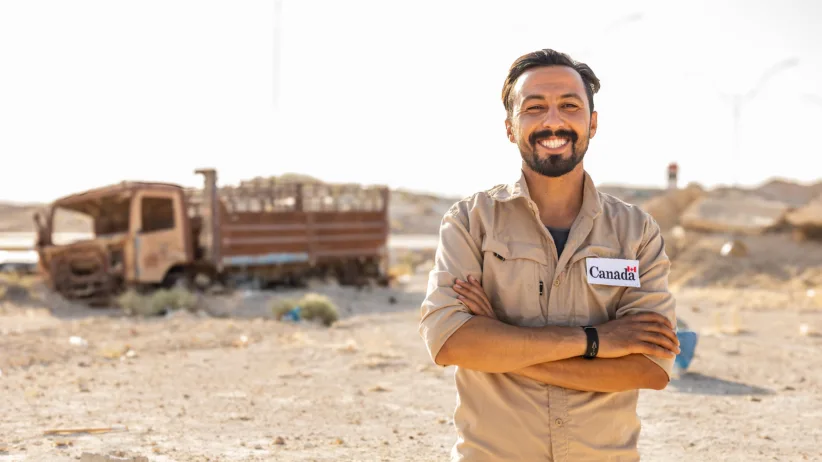A Family’s Journey to Safety and Recovery in Iraq
Mohammed, born in 2002 in Albu Ali Al Jassem village, was just a child when ISIS seized control of Ramadi in 2014. His family fled their home, first to Erbil and later to Baghdad, leaving behind their land and the life they once knew.

Three years of displacement disrupted Mohammed’s education and kept him away from his village and the farmland his father had worked for decades.
In Iraq’s Albu Ali Al Jassem village, Mohammed, born in 2002, remembers a childhood marked by upheaval. In 2014, as ISIS swept across Ramadi, Mohammed and his family were forced to flee, first to Erbil and then to Baghdad, leaving behind their home, farmland, and way of life. The conflict stole three years of stability, leaving Mohammed disconnected from both his education and the land his father had cultivated for decades.
When liberation came to Ramadi in 2017, the family returned to a home almost unrecognizable. “Our house had ISIS markings all over it,” Mohammed recalls. “But worse than that was the land—contaminated with mines and cluster munitions, which made it impossible for my father to farm.”
This ever-present risk kept the family from fully reclaiming their livelihood, and Mohammed from enjoying his beloved game of football. “I lost a close friend to a mine, so the fear was always there,” he says.

Clearing Land, Restoring Hope
In 2019, clearance efforts by the Norwegian People’s Aid (NPA), supported by Canada’s Peace and Stabilization Operations Program (PSOP), began to change the family’s circumstances. Once the fields were cleared, Mohammed’s father could return to farming, and the children had safe ground to play on.
“When the land was released, it felt like we could finally breathe,” says Mohammed. “I could play football again, and my father could get back to work.”
Embracing a newfound sense of security, Mohammed’s father even donated a portion of the cleared land for a government power station. Mohammed now works on-site, serving as a liaison between the construction company and local workers—a role that has inspired him to pursue an engineering degree and help revitalize his family’s farm.
“I want to use my education to improve our farming techniques and help my community thrive,” he explains.

Building Local Capacity: Abdulrahman’s Path to Leadership
The impact of NPA’s work in Iraq extends beyond land clearance, encompassing capacity building and community empowerment. Abdulrahman, a local recruit who joined NPA as a mine searcher in February 2021, has undergone rigorous training, progressing through the ranks to team leader and, more recently, site supervisor. His team plays a crucial role in the mine-clearance efforts across Anbar Province.
“Working for NPA has changed my life,” says Abdulrahman. “Clearing the land of risks gives families like Mohammed’s the chance to start over. It makes me proud to know that I am helping people feel safe in their homes again.” NPA’s focus on training local staff like Abdulrahman ensures that Iraqis are well-equipped to lead demining efforts and support recovery in their own communities.

Restoring Lives and Building Skills
Since 2019, Canada’s Peace and Stabilization Operations Program (PSOP) through its partnership with NPA has enabled families from Iraq’s war-affected Anbar Governorate to reclaim their homes and futures.
The Canadian support of NPA’s clearance and capacity-building programs has also enabled talented local professionals like Abdulrahman to rise into leadership roles that will shape Iraq’s recovery. Canada’s continued commitment helps restore both the land and the hope for a brighter, safer future for Iraqi families.
- 3,063,976 m² of land has been cleared and is now safe for use and development.
- 1,403 individuals live or work on the cleared land, with an additional 7,960 people nearby benefiting from safer passage and services on the cleared land.
- Explosive ordnance risk education has reached 4,600 community members—including women, girls, boys, and men—providing essential knowledge on safe behaviours near contaminated areas.
With a focus on diversity and equality, the program not only aids families in returning safely but also builds local capacity for long-term recovery.

.
